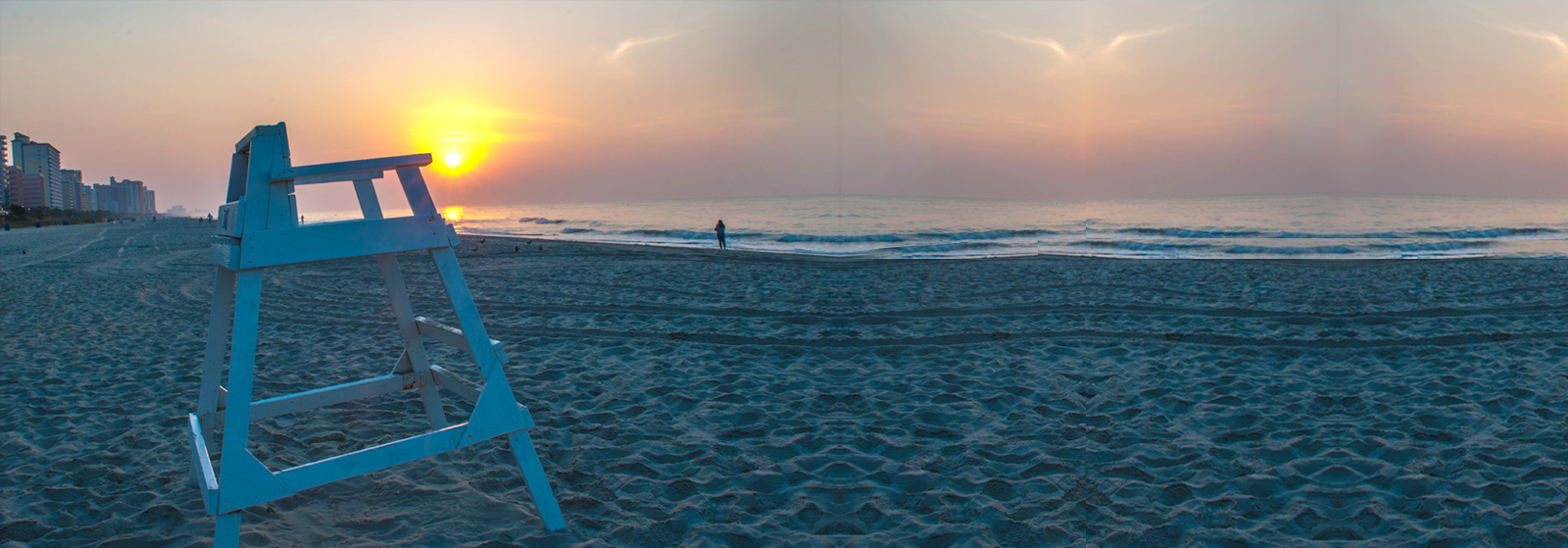

February 17, 2024 Lifeguard Trainer
Lifeguards at pools and oceans are our main allies to whom we thrust our security during our time at the pools and oceans. Training programs and courses such as the Ocean Lifeguard Training Course Broome and Pool Lifeguard Training Course Broome helps understand the specific distinct responsibilities of the pool guards and ocean guards while there being many similarities. Comprehensive training programs such as these create professionals with abundant expertise in their specific areas of work.
Some of the responsibilities followed by the life guards may be similar to both the ones working at oceans and pools, like, immediate first AID and CPR for emergency response following a rescue operation. This is the very first step of care until any further medical help arrives. Secondly, the documentation and customer services aspect of responsibility includes documentation of records of people and all activities of the pool and ocean for any future references and requirements including legal liabilities. This also includes the records of equipment inspections, repairs and maintenance to track the conditions of the equipment used for activities and during rescue operations. Maintenance against dirt, debris or bacteria is done by proper cleaning and sanitizing the equipment regularly and through proper storage systems.

Depending on the nature of the environment of the pools and oceans guard responsibilities carried by the lifeguards vary:
Pools are controlled environments as compared to oceans. Because of their smaller, artificially made sizes it becomes easier for the life-guards to keep a close look on the entire pool throughout the activity hours and to predict the deeper, hazardous areas and shallow, safer areas in a pool for quick responses during emergencies. The Pool lifeguard training, Broome is finely curated to train amateurs and professionals alike in gaining all the necessary knowledge about safety, maintenance and rescue methods. Here are some examples of the responsibilities of the lifeguards at pools :
Lifeguards at pools need to constantly supervise the pools and the area surrounding it to identify and prevent any potential hazards. For instance, pools are usually treated with chemicals like chlorine to keep it clean and pool supervision includes monitoring these chemical levels. Pool guards are also responsible in formulating and enforcing pool rules and regulations related to diving, running on the pool deck and use of equipment to prevent any accidents and maintain order.
Pool guards are at a constant look out for signs of any abnormalities happening either with the patrons or in and around the pool vicinity. In case of any peculiarity like swimmers floating face down, presence of foreign objects in the pool or abrupt change of water compositions, they initiate swift and appropriate rescue responses according to the nature of emergency. Common rescue techniques include reaching, throwing, wading and swimming. They also use appropriate equipment like tubes, life rings, poles to provide support to the swimmers in distress.
On the other hand, The Ocean Lifeguard Training, Broome equips learners to work in open environments of oceans and its vast maintenance responsibilities. Oceans are generally mega-size water bodies, whose shores are invisible to the naked eye. It thus becomes a harder task for the life-guards at oceans to predict hazards, spot emergencies and respond to it quickly. These are some of the aspects taken care by the oceanguards :
Since the oceans are mega water bodies, ocean guards use satellite imagery to conveniently scan oceans over a screen and gain perspectives of changing tides ensuing weather and temperature changes. They also use other technologies like Buoy networks and Radar systems to collect data on wave heights and detect precipitation respectively. All these data are collected by weather stations placed at various designated platforms helping the ocean lifeguards to monitor weather and take quick and necessary action, like clearing the coastline in case of storm and increasing wave heights. .
Ocean guards use various surveillance methods to keep an eye over activities at the ocean. They use Vessel Monitoring systems to monitor vessel activities in the ocean, Aerial Surveillance Systems through helicopters to detect illegal fishing or smuggling activities, Underwater Surveillance Systems such as sonar to detect and track submarines etc.
Training in pool and ocean lifeguards are important in order to ensure the safety of people in the best way possible through swift response and vigilance. Their training, attentiveness, and quick actions serve as vital safeguards, promoting enjoyable experiences while minimizing risks in aquatic settings worldwide. Safety first!